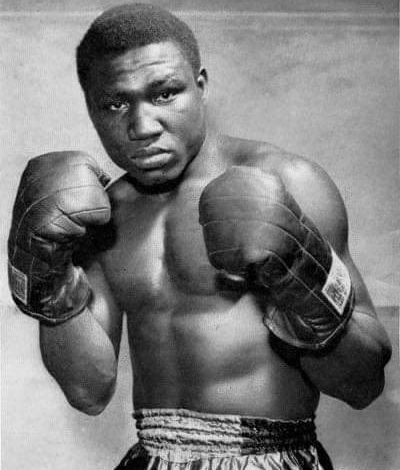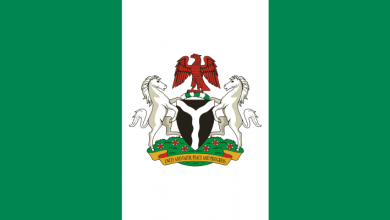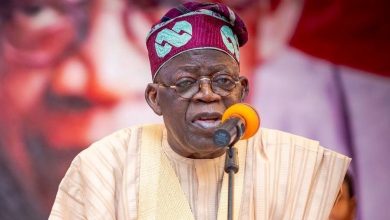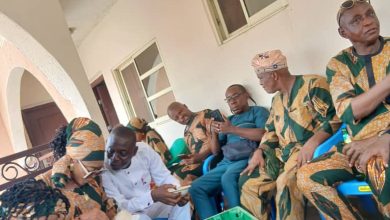THE RAZOR HISTORY: Dick Tiger: The Boxing Legend Who challenged Britain for not supporting Biafra
History

Dick Tiger was a trailblazing boxer from Africa, who made a lasting impact on the sport.
Born Richard Ihetu on August 14, 1929, in Ubahu village, Amaigbo, he would go on to become a two-time undisputed world middleweight champion.
Tiger’s achievements in the ring helped keep boxing alive during the industry’s recession in the 1950s.
Dick Tiger’s journey took him from his hometown in Nigeria to Liverpool and eventually to the United States of America.
He was not only a skilled boxer but also a successful entrepreneur, venturing into various commercial pursuits.
Tiger’s most notable achievement in the ring was winning the undisputed Light-Heavyweight world championship.
In 1962, he made history by becoming the world middleweight boxing champion.
On May 20, 1965, Tiger faced off against Rubin “Hurricane” Carter, flooring him three times and winning a unanimous 10-round decision.
He then went on to face Gene Fullmer, winning the world’s Middleweight title by decision.
In a rematch against Fullmer, Tiger drew in fifteen rounds, but ultimately emerged victorious in the rubber match.
Tiger’s impressive record and skills in the ring earned him a place among the all-time greats in boxing.
However, Tiger’s legacy extends beyond his achievements in the ring.
He was a proud Biafran and a vocal supporter of the Biafran cause.
During the Biafran War, Tiger was a strong advocate for Biafran independence and self-determination.
He was deeply disappointed by the lack of support from the British government led by Queen Elizabeth II.
Tiger felt that the Queen and the British government were not doing enough to help the Biafran people.
In protest, he dumped fame in the dustbin in order to support Igbo (his people) in the Biafran War. He became an enemy to Britian but died a patriotic and fierce hero.
In 1967, he publicly supported the Biafran independence movement and donated money to the Biafran war effort.
His support for Biafra was seen as a symbolic protest against the British government’s refusal to recognize Biafran independence.
The British government, led by Prime Minister Harold Wilson, supported the Nigerian federal government’s efforts to crush the Biafran secession.
Dick Tiger’s support for Biafra was significant, given his international profile as a boxing champion. His actions helped raise awareness about the conflict and its humanitarian consequences.
However, it’s important to note that his protests were peaceful and did not involve direct action against the British monarch or government.
Dick Tiger returned his Member of the Most Excellent Order of the British Empire (MBE) award to Queen Elizabeth II as a protest for what he perceived as a lack of support by Great Britain to the Biafran cause .
He was appointed a CBE (Commander of the Most Excellent Order of the British Empire) by the Queen, but when the Biafran war broke out and Britain supported the Nigerian government, Tiger renounced his Nigerian ties and pledged support for the Igbo-dominated Republic of Biafra .
He also trained Biafran soldiers in physical combat as a lieutenant in the Biafran Army .




